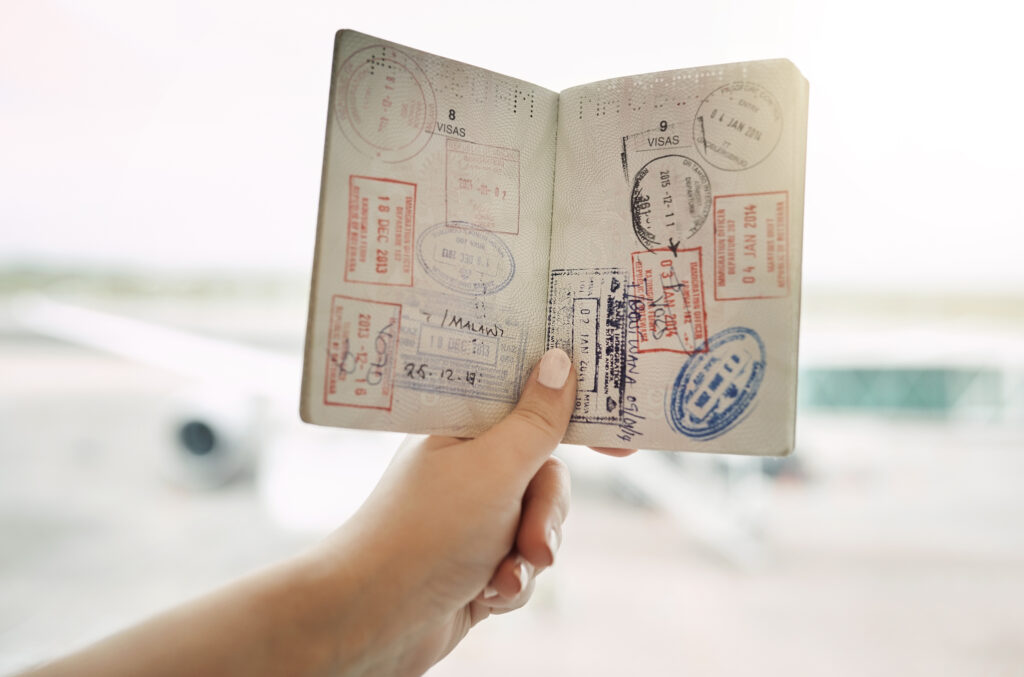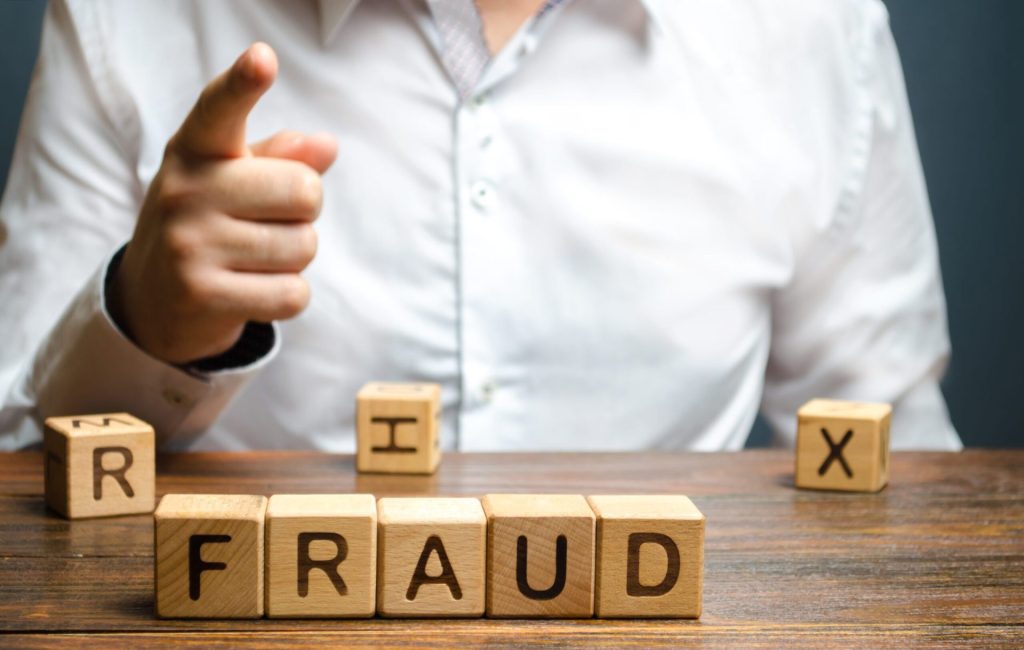The Essential Guide to Notary Public ID Requirements in the U.S.

Proper identification is a cornerstone of notarial acts, ensuring the authenticity of the signers and the documents involved. Notaries Public serve as trusted officials who prevent fraud and validate transactions, making it crucial to understand and adhere to identification requirements. This article provides an essential guide to notary public ID requirements across the U.S., highlighting common forms of ID, state-specific regulations, and best practices to help notaries perform their duties effectively and confidently.
Table of Contents
General Identification Requirements for Notaries Public

Notaries Public across the United States share a common goal: to verify the identity of individuals involved in notarized transactions. While the specifics can vary, the general requirement is that the ID presented must be government-issued and contain a photograph and signature. This includes driver’s licenses, state IDs, passports, and military IDs. The primary purpose of these IDs is to prevent fraud and ensure that the person signing the document is indeed who they claim to be.
Ensuring proper identification helps maintain the integrity of the notarization process. Notaries must be vigilant in examining IDs for signs of tampering or forgery and must ensure that the ID is current and valid. This not only protects the parties involved but also upholds the notary’s legal and ethical responsibilities.
State-Specific Identification Requirements

Overview of State Variations
Identification requirements can vary significantly from state to state. Each state has the authority to set its own rules and regulations regarding acceptable forms of identification for notarizations. This variation can sometimes make it challenging for notaries, especially those who perform notarizations across state lines or serve clients from different states.
California
California, for example, has stringent ID policies. Acceptable IDs must be current or issued within the past five years. This includes driver’s licenses, state IDs, passports, and military IDs. California also accepts certain foreign IDs and consular IDs under specific conditions.
Texas
Texas provides a more extensive list of acceptable forms of ID, including driver’s licenses, state IDs, passports, and military IDs. Additionally, Texas notaries can accept inmate IDs issued by the Texas Department of Criminal Justice.
New York
New York requires that IDs be government-issued and include a photo and signature. Commonly accepted forms include driver’s licenses, state IDs, and passports. New York notaries must ensure that the ID is current and valid.
Staying Updated
To stay compliant, notaries must be well-versed in their state’s specific requirements and regularly update their knowledge as regulations change. Resources like the National Notary Association and state government websites offer valuable information and updates.
Acceptable Forms of Identification
Commonly Accepted IDs
Generally, the most commonly accepted forms of identification include:
- Driver’s Licenses: Must be issued by a U.S. state and contain a photo and signature.
- Passports: Both U.S. and foreign passports are typically accepted if they are valid.
- Military IDs: Issued by the U.S. Department of Defense.
- State IDs: Similar to driver’s licenses but for non-drivers.
Special Considerations
Special considerations must be taken for expired IDs. Some states allow a grace period for expired IDs, while others do not. In some cases, supplementary documents like a birth certificate or Social Security card may be needed to establish identity.
Notaries must ensure that the presented ID is genuine, which involves checking for holograms, watermarks, and other security features. Keeping a reference guide of valid IDs can aid in this verification process.
Examples of State-Specific Acceptable IDs
- California: Accepts driver’s licenses, passports, military IDs, and certain foreign and consular IDs.
- Texas: Accepts driver’s licenses, state IDs, passports, military IDs, and inmate IDs.
- New York: Accepts driver’s licenses, state IDs, and passports.
Handling Uncommon Identification Situations
Foreign IDs and Consular IDs
Notaries may encounter IDs that are less common, such as foreign IDs and consular IDs. Some states accept these under specific conditions. Notaries should verify these IDs carefully and may need to refer to additional guidelines. For instance, California allows consular IDs issued by the applicant’s country of citizenship if the consular ID has the individual’s photo, description, and signature.
IDs from U.S. Territories
Notaries may also encounter IDs from U.S. territories such as Puerto Rico, Guam, and the U.S. Virgin Islands. These IDs are generally accepted, but notaries must be familiar with their appearance and security features to verify their authenticity accurately.
Steps for Handling Uncommon IDs
If an ID is not on the accepted list, the notary should politely refuse to notarize the document and suggest alternative forms of ID that are acceptable. Documenting these interactions can protect the notary from potential disputes or legal issues. Additionally, notaries should maintain a list of commonly accepted IDs and familiarize themselves with their state’s specific rules regarding less common forms of identification.
Best Practices for Notaries Public in ID Verification

Thorough ID Verification
Thorough ID verification is essential. Notaries should:
- Examine the ID closely: Look for signs of tampering or alteration. Pay close attention to the photo, signature, and security features such as holograms and watermarks.
- Use technology: ID scanning devices and apps can assist in verifying the authenticity of the ID. These tools can quickly identify inconsistencies and potential forgeries.
- Keep records: Maintain a logbook with details of each notarization, including the type of ID presented and its expiration date. Proper documentation not only ensures compliance but also provides a record in case of future disputes.
Tips for ID Verification
- Cross-reference ID information: Ensure that the information on the ID matches the information on the document being notarized.
- Stay informed: Regularly review and update your knowledge of valid IDs and verification techniques.
- Seek training: Participate in workshops and training sessions focused on ID verification and fraud prevention.
Proper documentation not only ensures compliance but also provides a record in case of future disputes. Regularly reviewing and updating verification practices can help notaries stay current with best practices.
Challenges and Common Mistakes in ID Verification
Common Pitfalls
Notaries can face several challenges, such as:
- Expired IDs: Notaries must know their state’s rules regarding expired IDs and handle them accordingly. In some states, an expired ID may be acceptable if it was issued within a certain timeframe.
- Forged IDs: Training in spotting forgeries is crucial. Notaries should stay updated on common forgery techniques and security features of IDs.
- Legal consequences: Improper ID verification can lead to legal action against the notary. Understanding and adhering to legal requirements is paramount.
Avoiding Mistakes
To avoid these mistakes, notaries should:
- Be thorough: Take the time to examine each ID carefully.
- Stay updated: Regularly review state-specific guidelines and best practices.
- Document interactions: Keep detailed records of each notarization and the IDs presented.
Proper training and resources can help notaries avoid these pitfalls.
Conclusion
In summary, understanding and adhering to ID requirements is vital for notaries public. Proper ID verification prevents fraud, ensures the validity of notarized documents, and upholds the notary’s legal responsibilities. By staying informed about state-specific regulations, utilizing best practices, and being vigilant in the ID verification process, notaries can perform their duties effectively and with confidence.
For further reading and detailed state-specific guidelines, notaries can refer to resources such as the National Notary Association and their state’s government websites. Staying diligent and informed is the key to success in notarial duties.
By following the guidelines and best practices outlined in this article, notaries public can ensure that they meet their legal and ethical obligations, protect themselves from potential legal issues, and provide reliable and trustworthy services to their clients.






Responses